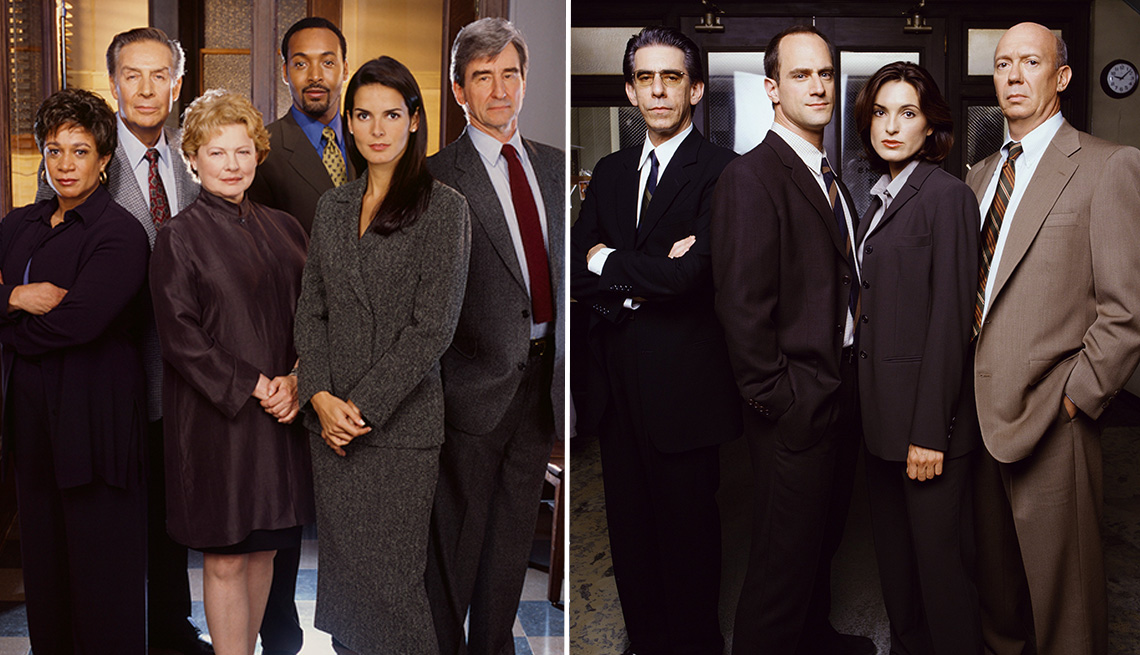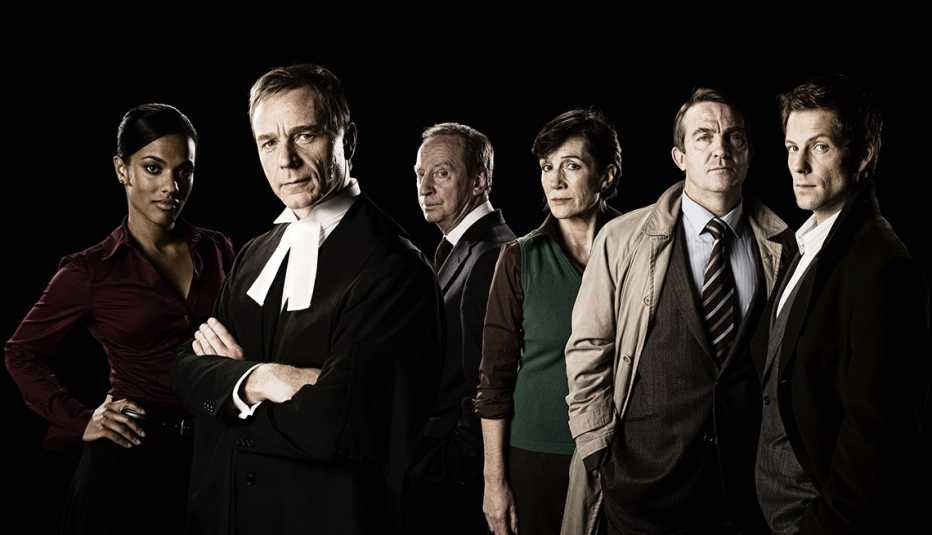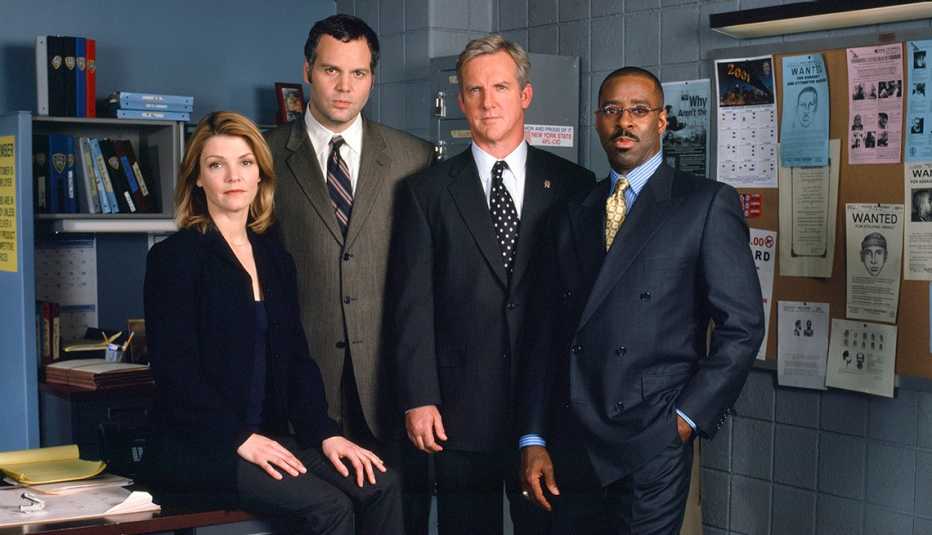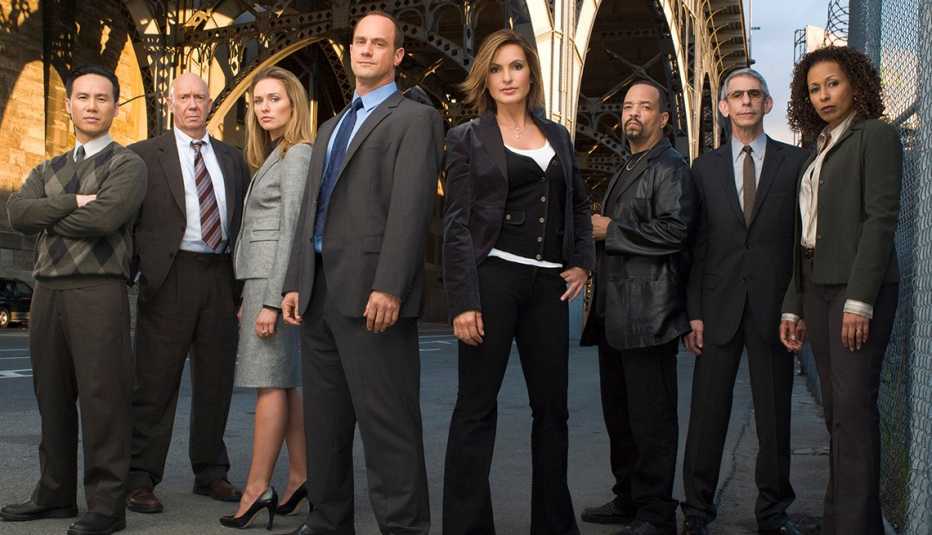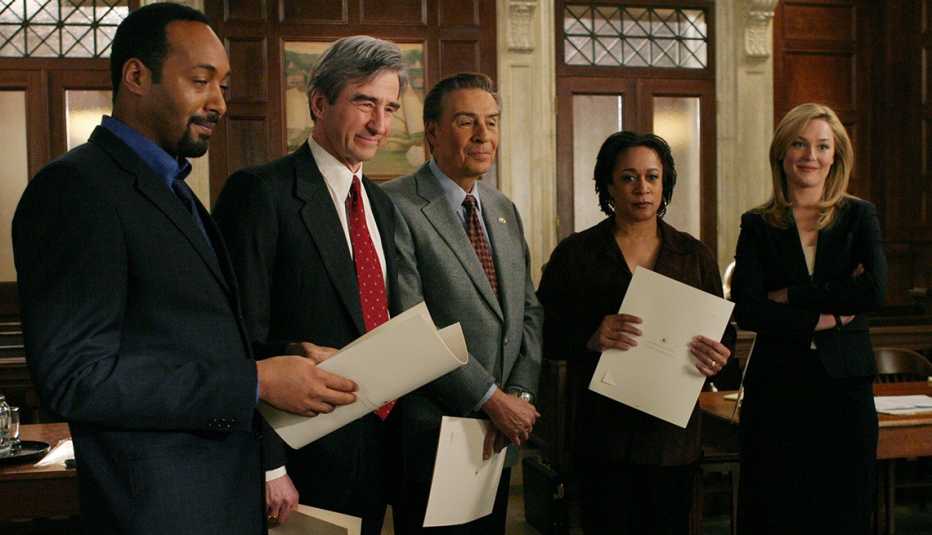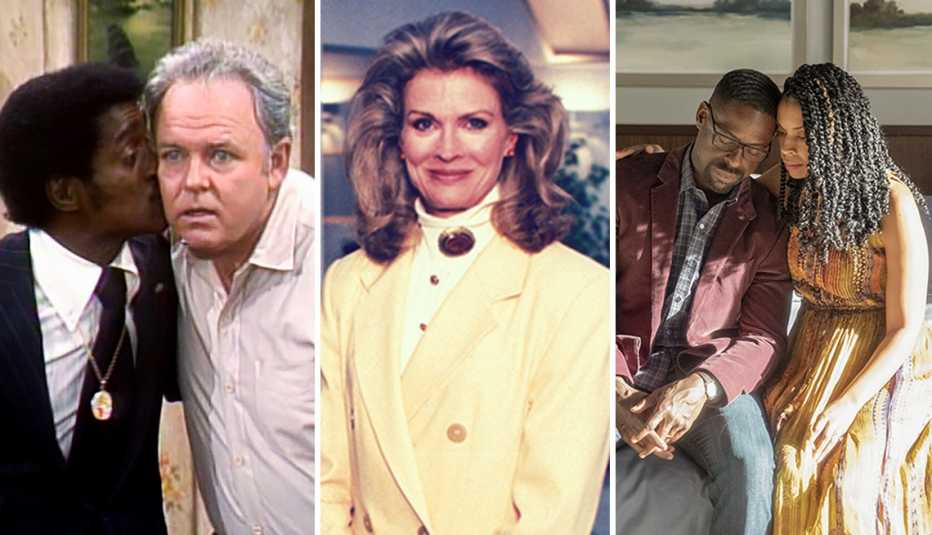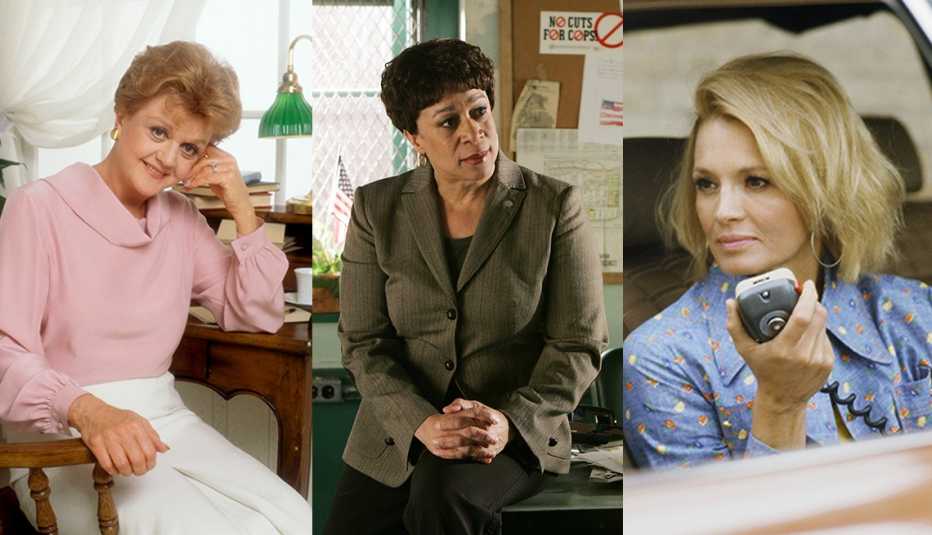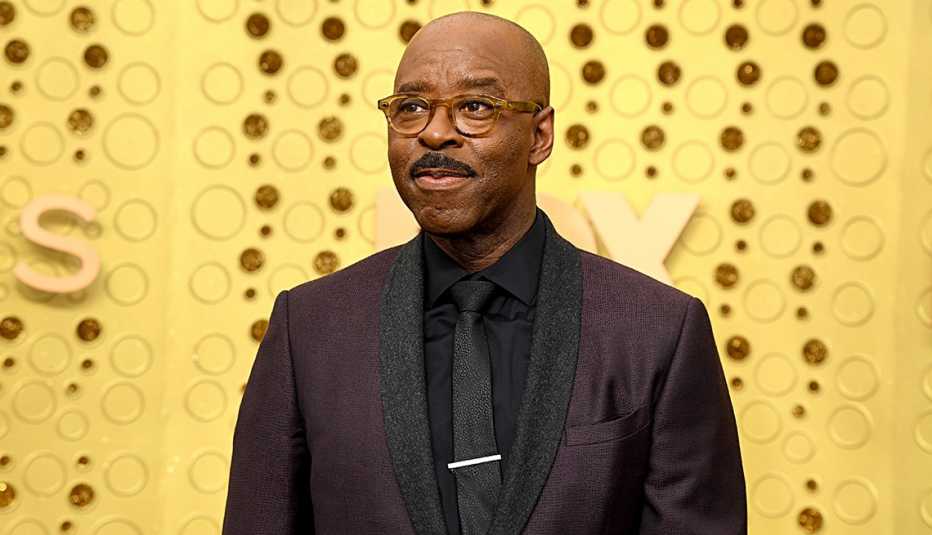Staying Fit
"In the criminal justice system, the people are represented by two separate yet equally important groups: The police, who investigate crime, and the district attorneys, who prosecute the offenders. These are their stories.… Ch-chung!” Ever since its debut all the way back in 1990, the Law & Order franchise has been one of TV's most compelling — and constant — small-screen presences. Since then, uber-producer Dick Wolf has spawned six (soon to be seven) spin-off procedurals and, in the process, served up more than a thousand hours of must-see whodunit drama. Now, as Christopher Meloni's Law & Order: Organized Crime gets ready to join the franchise roster on April 1 (on Peacock), we thought it was high time to rank all of the L&O incarnations from worst to best — and, while we're at it, suggest the greatest episode from each to stream at home.... Ch-chung!

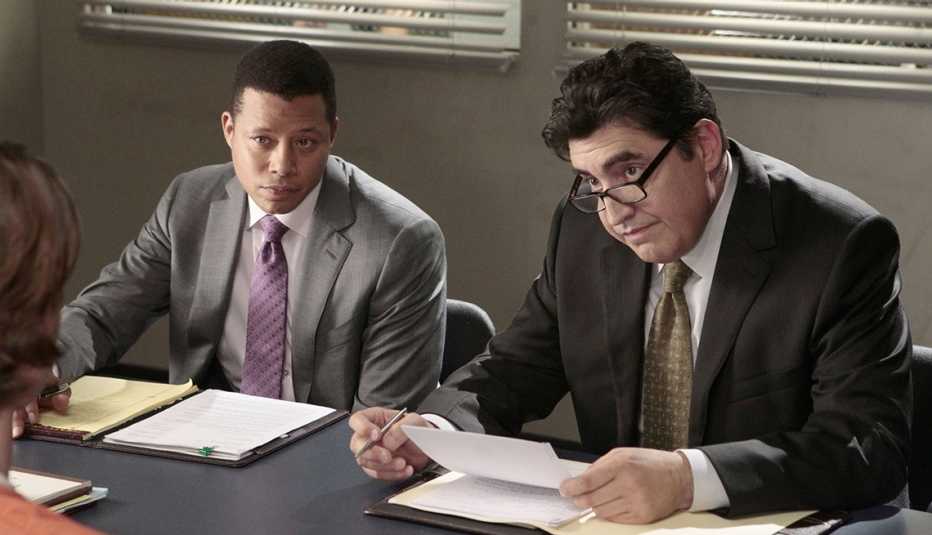
7. Law & Order: LA


AARP Membership— $12 for your first year when you sign up for Automatic Renewal
Get instant access to members-only products and hundreds of discounts, a free second membership, and a subscription to AARP the Magazine.
Air date: 2010-2011
Episodes: 22
Featuring: Skeet Ulrich, Corey Stoll, Rachel Ticotin, Alfred Molina, Terrence Howard, Regina Hall
The premise: It's right there in the title, it's Law & Order in La La Land. Swapping Big Apple grit for SoCal sunshine, L.A. was easily the least essential installment in the franchise. A messy, midseason cast shake-up certainly didn't help things. But even so, the show had its moments, thanks to an excellent cast (Skeet Ulrich, Corey Stoll and Rachel Ticotin on the cop side; Terrence Howard, Alfred Molina and Regina Hall on the prosecutor side) and a location-hopping structure that set each episode in a different neighborhood of Los Angeles, giving you a sense of the ethnic and economic patchwork of the sprawling city.
Best episode: “Sylmar,” Episode 4.
LAPD detectives Rex Winters (Ulrich) and TJ Jaruszalski (Stoll) are called in to investigate when two kids are killed in a meth lab explosion. But they soon discover that it wasn't an accident, but rather a deliberate bit of sabotage hatched by a radical Islamic group out to stop the spread of drugs in their neighborhood. And they're just getting started. The U.S. Justice Department wants to try the suspects for treason. But Deputy District Attorneys Jonah Dekker (Howard) and Lauren Stanton (Megan Boone) know that the real case they need to prosecute has to do with those two dead kids rather than xenophobia.
Watch it: “Sylmar,” on Amazon Prime

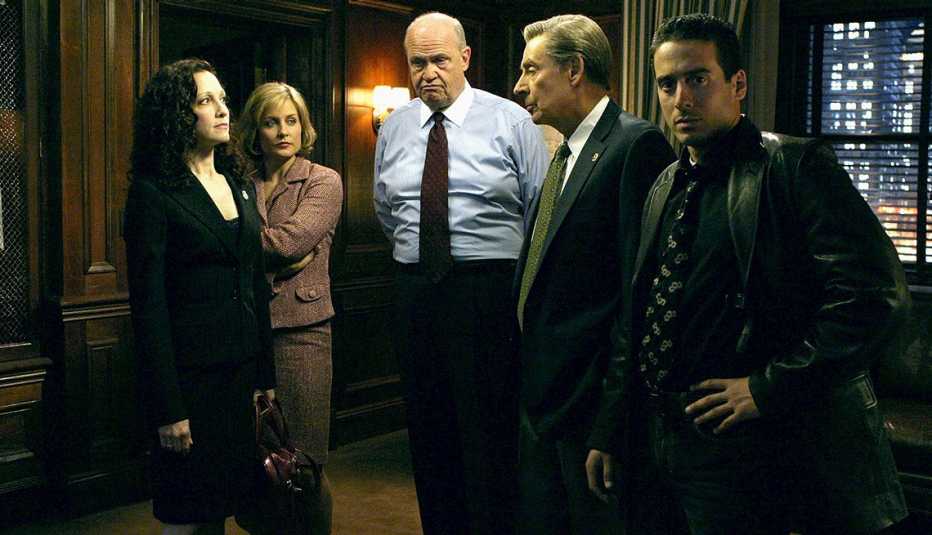
6. Law & Order: Trial by Jury
Air date: 2005-2006
Episodes: 13
Featuring: Bebe Neuwirth, Amy Carlson, Kirk Acevedo, Fred Dalton Thompson, Jerry Orbach, Scott Cohen
The premise: The fourth member of the Law & Order franchise, Trial by Jury, is set during a criminal trial and follows the preparation and strategies of tenacious Assistant DA Tracey Kibre (Bebe Neuwirth) and the machinations of a rotating laundry list of defense attorneys (including Annabella Sciorra). Think of it as Law & Order minus the cops’ side. Trial by Jury wasn't bad exactly — after all, it did give us a fascinating, 12 Angry Men glimpse at the deliberations inside the jury room and more of Jerry Orbach! — but it just felt kind of unnecessary in a TV landscape already packed with legal procedurals. Which, in the end, was probably why it only lasted 13 episodes before going off the air.
Best episode: "Truth or Consequences,” Episode 4.
After a young woman is raped and murdered, three suspects are taken into custody — three friends, actually. There's a rich kid (Warren Blosjo), a bad boy (Adam LaVorgna) and the victim's ex-boyfriend (a scene-stealing Ebon Moss-Bachrach). Assistant DAs Kibre (Neuwirth) and Kelly Gaffney (Amy Carlson) try to play one against the other but are blindsided when the sexual predator turns out to be the one they least suspect.
Watch it: “Truth of Consequences,” on Amazon Prime

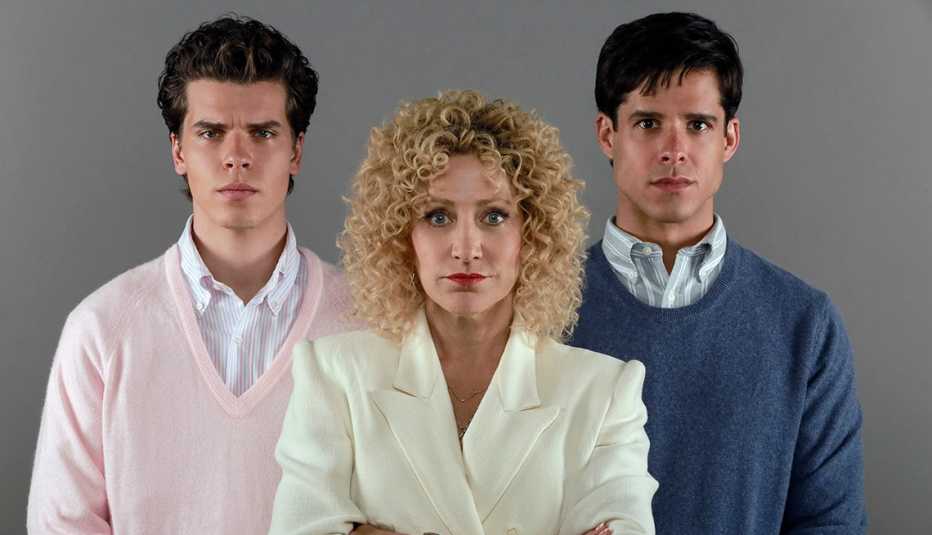
5. Law & Order: True Crime
Air date: 2017



























































